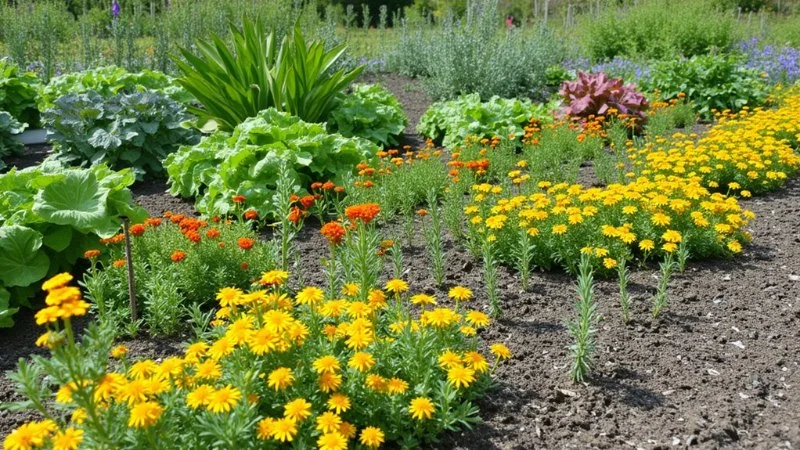
How to Create a Pest-Resistant Garden
- Understanding the Importance of Pest Control
- Choosing the Right Plants for Pest Resistance
- Creating a Natural Barrier Against Pests
- Top Tips for Maintaining a Healthy, Pest-Resistant Garden
- How PestControlHub Can Help You with Effective Pest Control Solutions
Creating a pest-resistant garden is an essential goal for many gardeners who want to keep their plants healthy and vibrant without relying heavily on chemical pesticides. While it might seem like a daunting task, building a garden that naturally repels pests is not only possible but also environmentally friendly. In this article, we’ll explore effective strategies to help you create a garden that stays pest-free throughout the year, using natural methods that work in harmony with the environment.
1. Understanding the Importance of Pest Control
Garden pests can damage plants, spread disease, and disrupt the overall health of your garden. Pests like aphids, caterpillars, and beetles are common culprits that destroy flowers, vegetables, and even trees. While chemical pesticides may offer quick solutions, they can also harm beneficial insects, disrupt local ecosystems, and contaminate the soil and water. For a long-term, sustainable solution, it's important to adopt pest-resistant strategies that reduce the need for harsh chemicals and allow your garden to thrive in a natural balance.
2. Choosing the Right Plants for Pest Resistance
One of the easiest ways to create a pest-resistant garden is to start by selecting plants that are naturally pest-resistant. Many plants have built-in defense mechanisms—whether it's a tough, leathery leaf, a strong scent, or a natural pesticide. These plants can thrive without being overly attacked by pests, saving you time and effort on pest control.
1. Marigolds: Natural Pest Deterrent
Marigolds are known for their ability to repel aphids, nematodes, and even rabbits. Their strong scent acts as a natural deterrent to many garden pests. Planting marigolds alongside vegetables like tomatoes and peppers can help protect these plants from common pests.
2. Lavender: A Sweet Scent That Pests Hate
Lavender is not only beautiful and aromatic but also an excellent pest repellent. The strong smell of lavender is known to repel mosquitoes, moths, and even flea beetles. Planting lavender in your garden or along your garden’s perimeter can keep unwanted pests at bay.
3. Garlic and Onions: Natural Pest Control
Garlic and onions have natural insect-repellent properties. Their pungent aroma is disliked by many pests, including aphids, slugs, and even some larger animals. Planting garlic and onions around the edges of your garden beds can create an effective natural barrier against pests.
3. Creating a Natural Barrier Against Pests
In addition to choosing pest-resistant plants, it's important to create physical barriers that protect your plants from insects and larger pests. Here are a few methods you can use:
1. Companion Planting
Companion planting involves pairing certain plants together that naturally repel pests or enhance each other’s growth. For example, planting basil next to tomatoes can help deter aphids, while cucumbers benefit from being near radishes, which help reduce cucumber beetles.
2. Mulching to Prevent Pests
Mulching not only retains moisture and keeps weeds at bay but also acts as a barrier for pests. Organic mulches like wood chips or straw can prevent pests from reaching your plants' roots and also keep soil temperatures stable, reducing stress on plants.
3. Physical Barriers and Fencing
For larger pests like rabbits or deer, installing fences or netting can keep them from eating your plants. A well-constructed fence, such as one made of chicken wire, can prevent these animals from accessing your garden. For smaller pests, row covers and mesh can act as a protective shield, allowing sunlight and rain to pass through while keeping insects away.
4. Top Tips for Maintaining a Healthy, Pest-Resistant Garden
Once you've set up your pest-resistant garden, it’s important to maintain it so that it continues to thrive. Here are some essential maintenance tips:
1. Encourage Beneficial Insects
Ladybugs, lacewings, and other beneficial insects are natural predators of many common garden pests. To attract these helpful creatures, plant flowers like dill, fennel, and yarrow. Providing a habitat for beneficial insects can keep your pest population in check without harming your garden.
2. Keep Your Garden Clean
Remove fallen leaves, dead plants, and other debris regularly, as these can harbor pests and diseases. A tidy garden is less likely to attract pests and more likely to stay healthy. Additionally, pruning overgrown plants will reduce hiding spots for insects and rodents.
3. Water Properly
Water your plants early in the morning to avoid attracting slugs and other moisture-loving pests. Avoid overhead watering, as this can increase the likelihood of fungal infections, which can attract pests. Deep watering at the base of the plant encourages strong roots and healthier plants that are less vulnerable to pest attacks.
5. How PestControlHub Can Help You with Effective Pest Control Solutions
If you’re looking for additional help with pest control, PestControlHub offers a range of natural and effective pest control solutions. From organic pesticides to traps and repellents, PestControlHub has everything you need to keep your garden healthy and pest-free. Whether you’re dealing with ants, mosquitoes, or larger garden pests, PestControlHub provides products that are safe for your plants and the environment.
Visit PestControlHub today to explore our full range of pest control products and learn more about how you can create a thriving, pest-resistant garden.


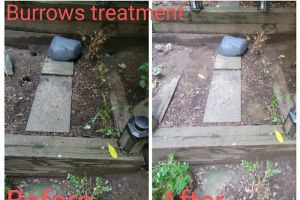
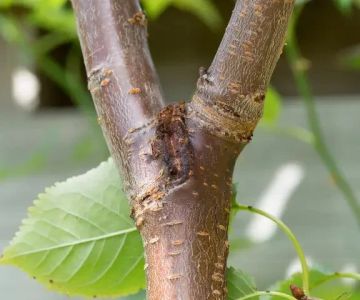
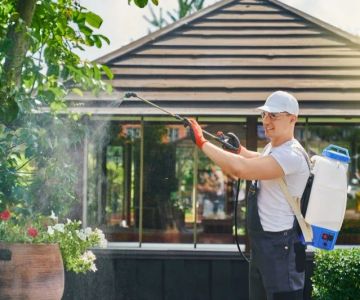
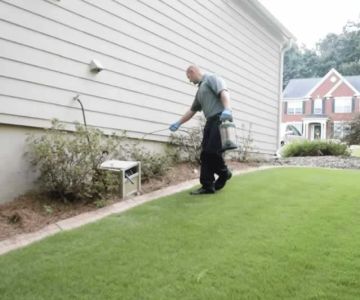
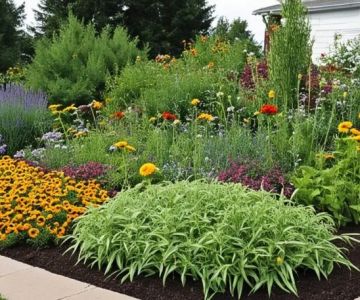
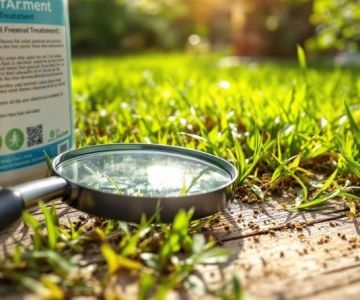
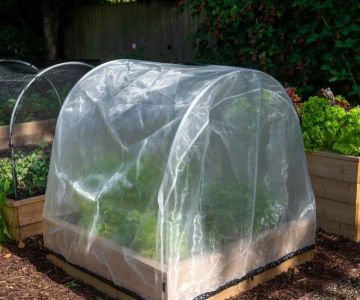
 Mira Home4.0 (1930 reviews)
Mira Home4.0 (1930 reviews) Orkin4.0 (1681 reviews)
Orkin4.0 (1681 reviews) Appalachian Termite and Pest Control, LLC4.0 (115 reviews)
Appalachian Termite and Pest Control, LLC4.0 (115 reviews) EcoShield Pest Solutions4.0 (2991 reviews)
EcoShield Pest Solutions4.0 (2991 reviews) Lawn Doctor of South Shore4.0 (1434 reviews)
Lawn Doctor of South Shore4.0 (1434 reviews) Selway Termite CO INC4.0 (7 reviews)
Selway Termite CO INC4.0 (7 reviews) How to Inspect for Pests After Heavy Rain
How to Inspect for Pests After Heavy Rain How to Safely Use Fumigation Methods for Pest Control
How to Safely Use Fumigation Methods for Pest Control How to Recognize Pest Eggs and Larvae Before It’s Too Late
How to Recognize Pest Eggs and Larvae Before It’s Too Late The Best Eco-Friendly Pest Control Products You Can Buy
The Best Eco-Friendly Pest Control Products You Can Buy How to Prevent Pest Intrusions at Door Frames: Effective Solutions for Homeowners
How to Prevent Pest Intrusions at Door Frames: Effective Solutions for Homeowners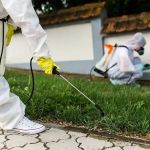 How to Use Insect Growth Regulators (IGRs) Effectively – A Guide to Pest Control
How to Use Insect Growth Regulators (IGRs) Effectively – A Guide to Pest Control